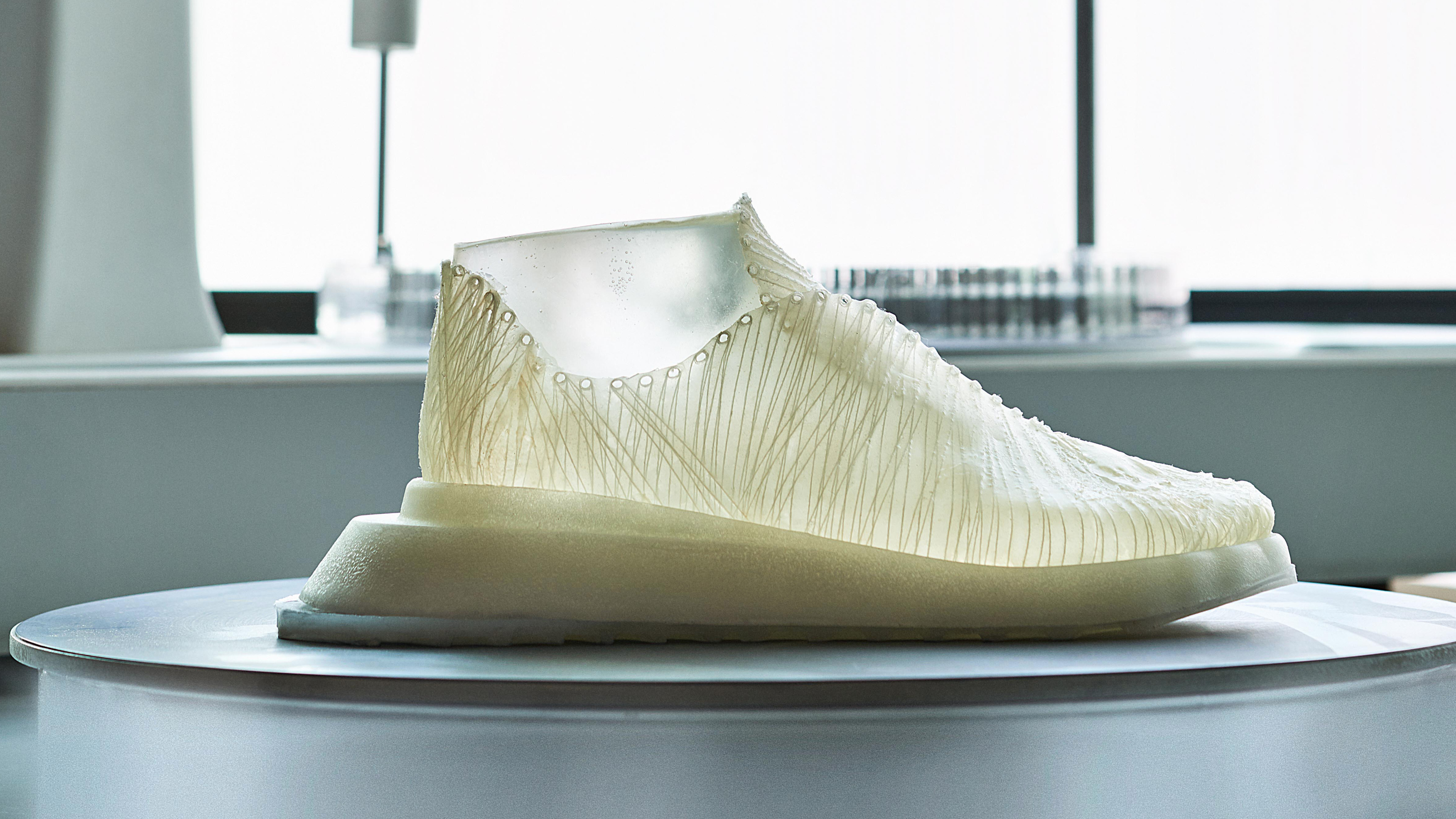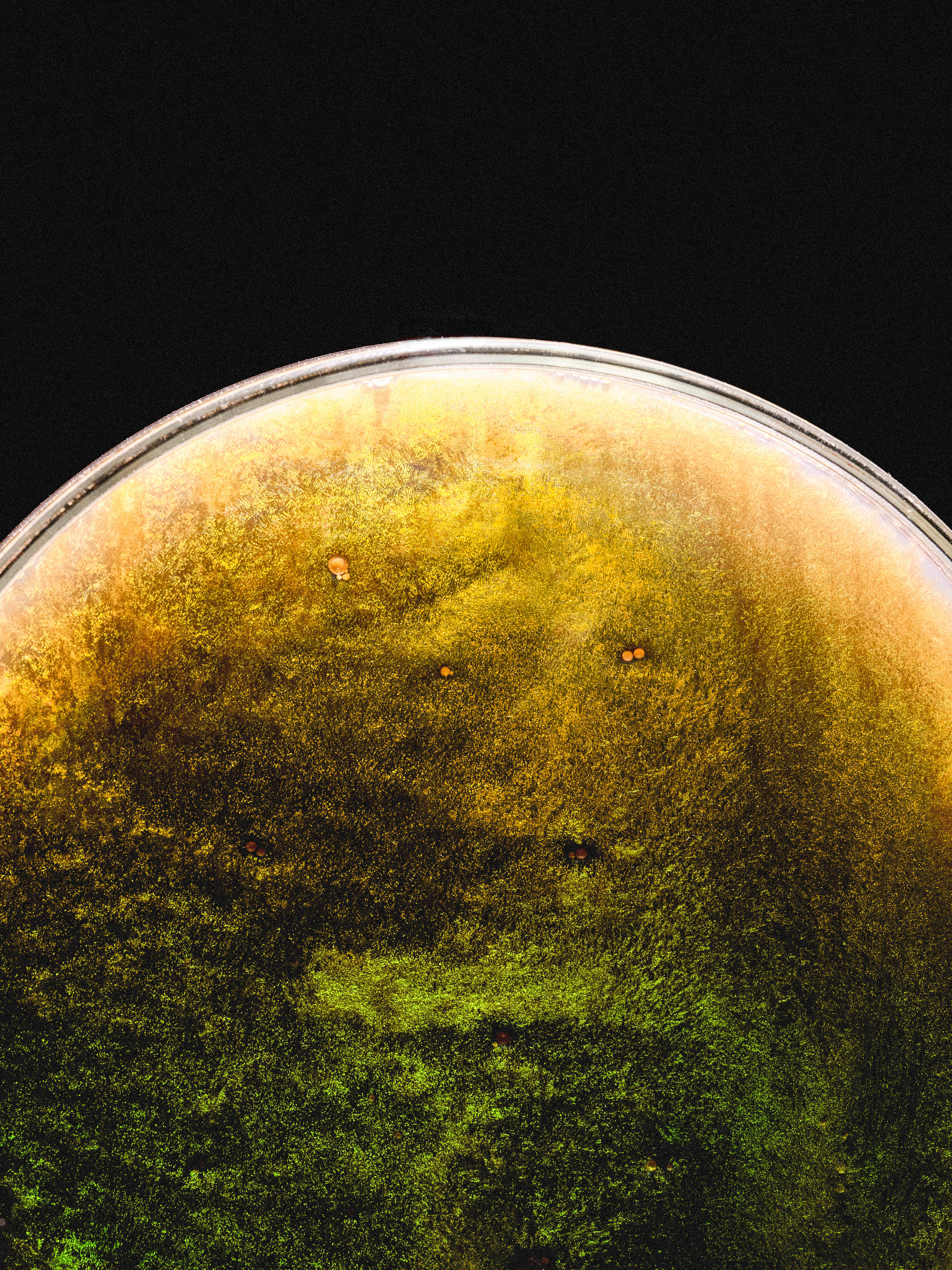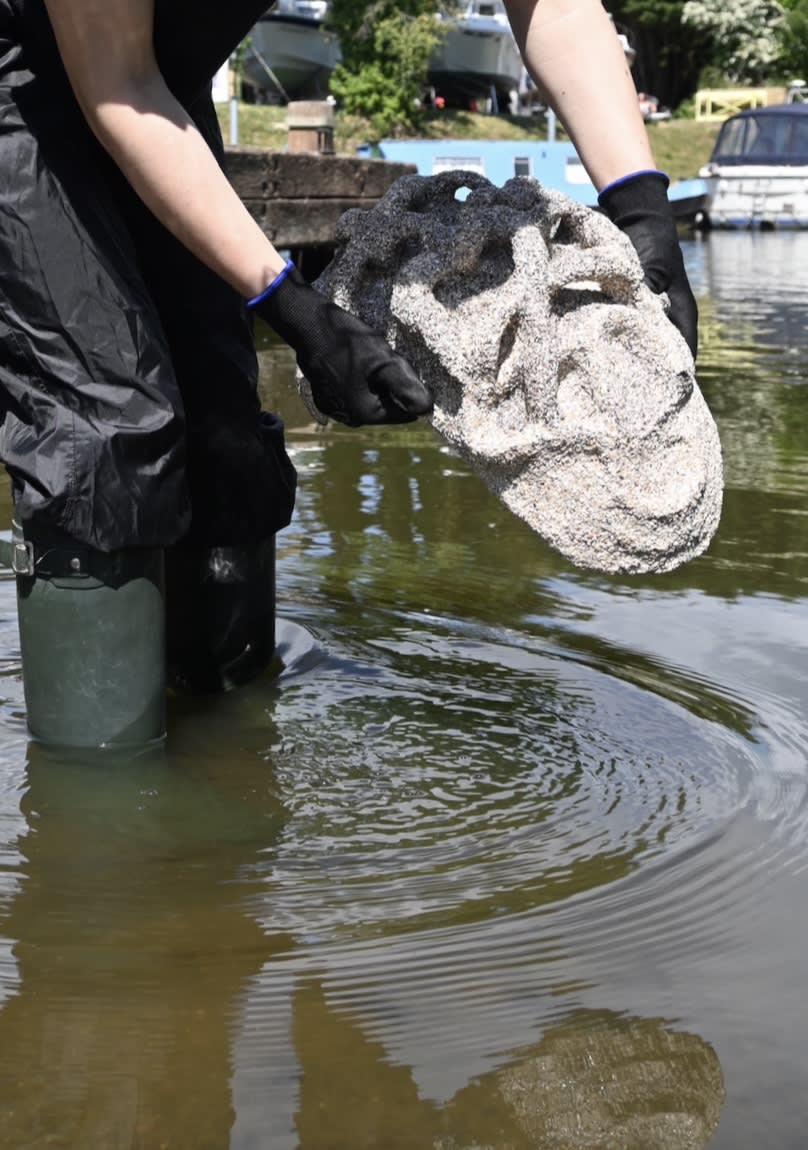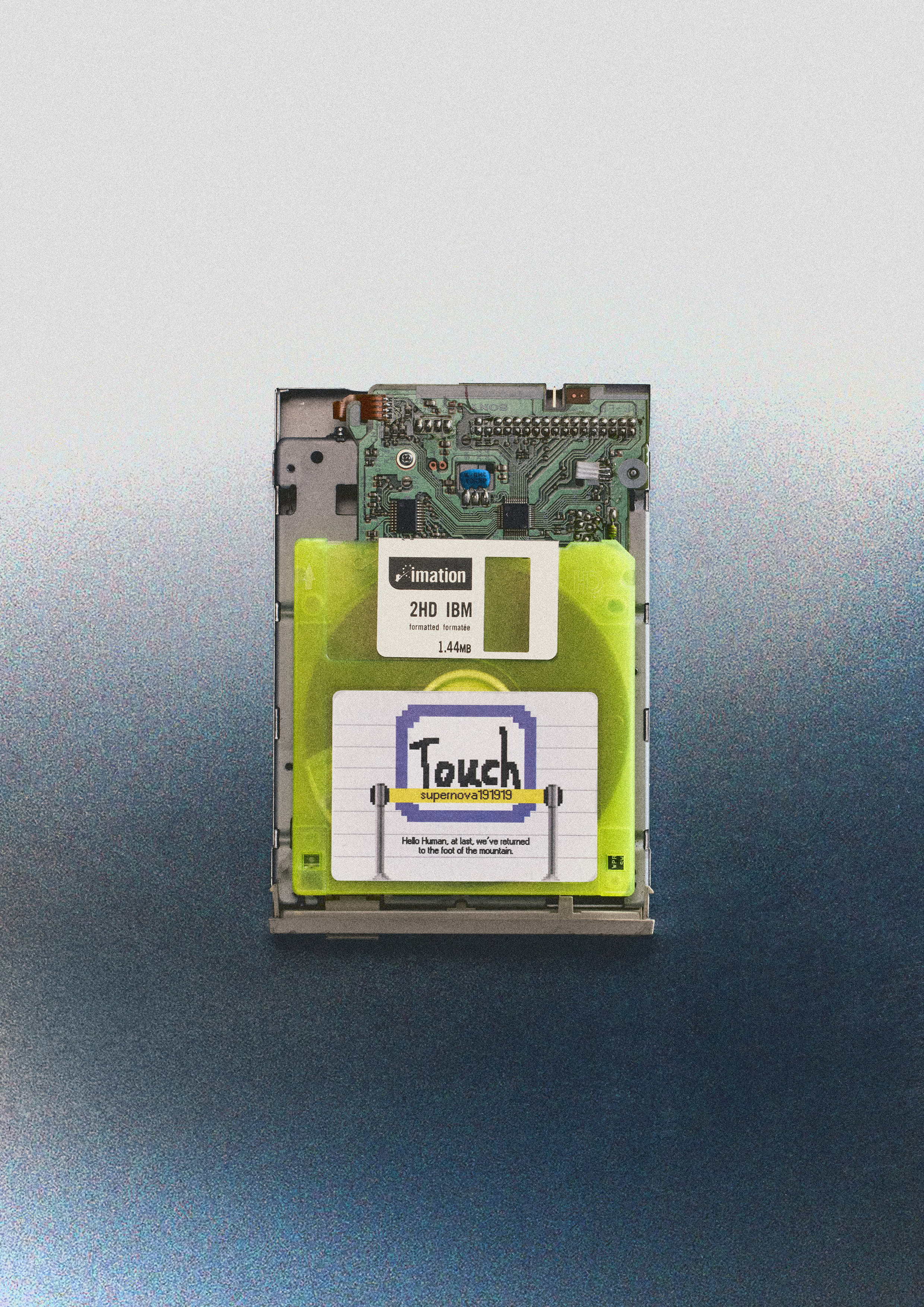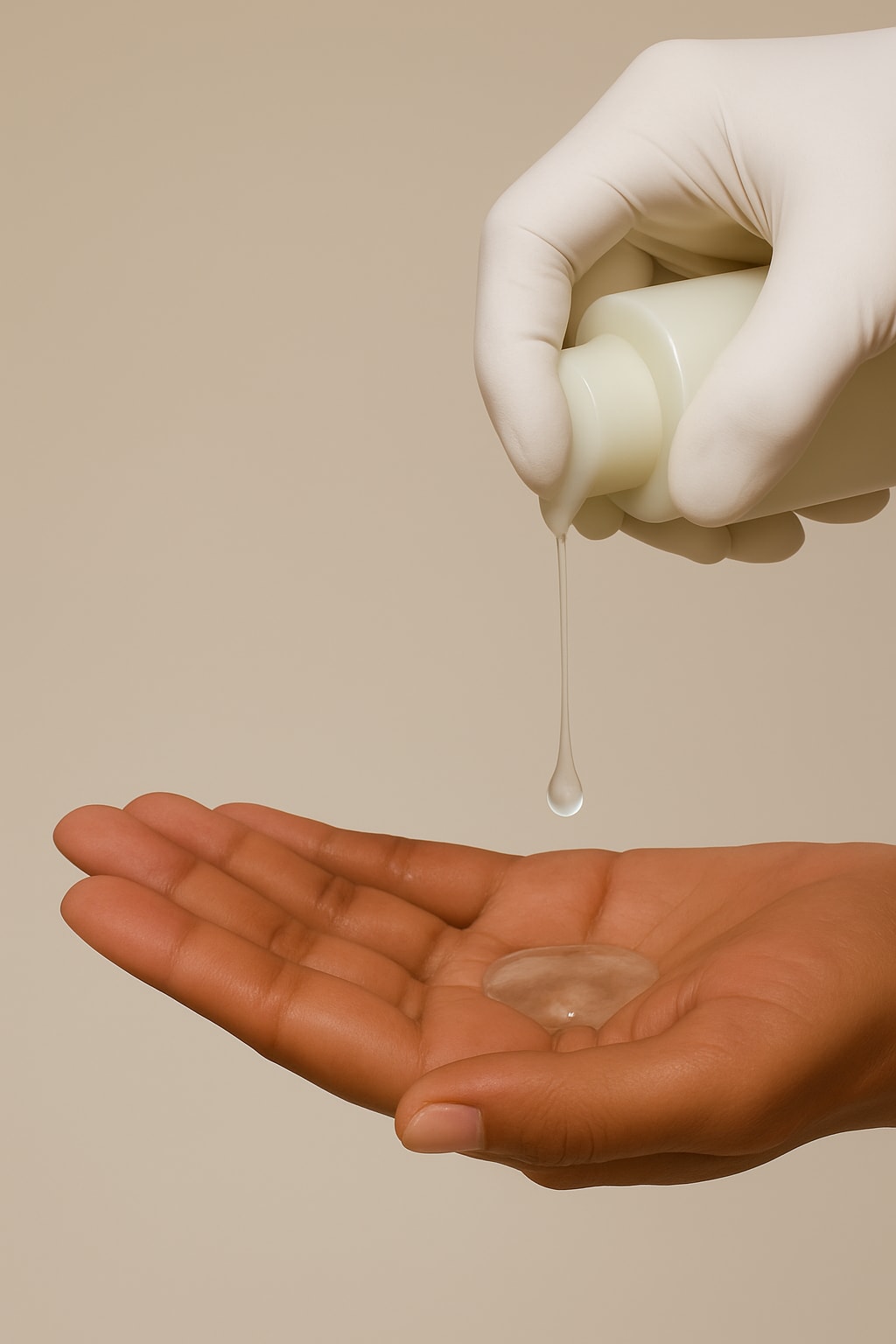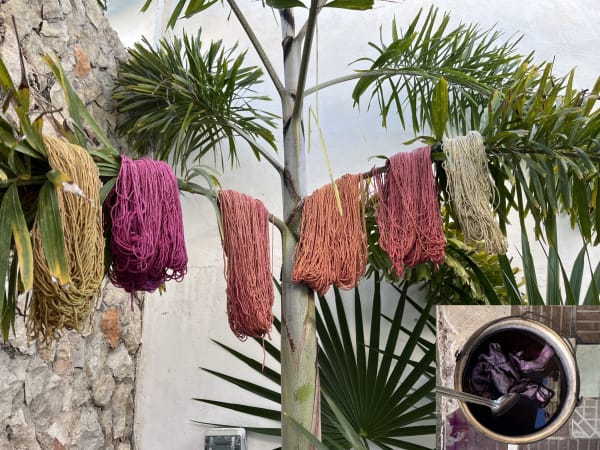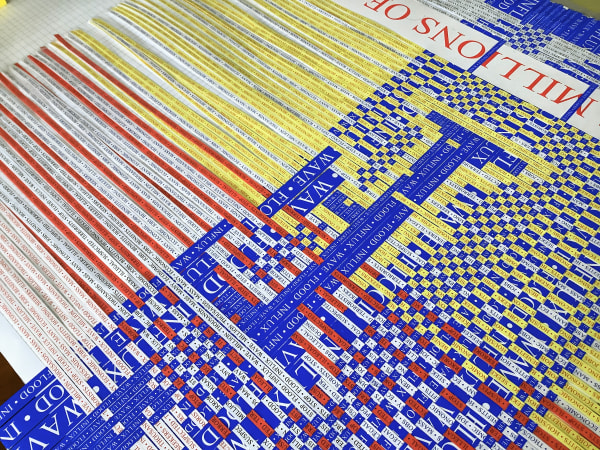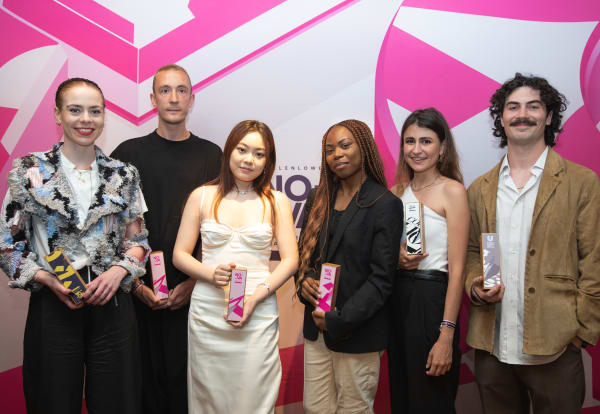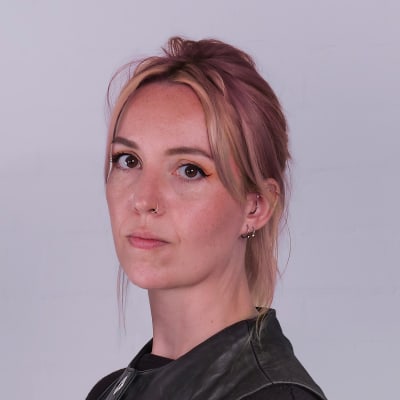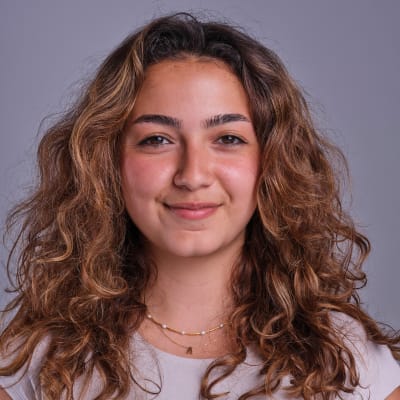Course units
In MA Material Futures, units may include external workshops, lectures and projects. Through hands-on making, you will explore emerging sciences and technologies, processes and materials. You will also investigate current trends and behavioural insights. Through this, you will generate new design applications to contribute to a more sustainable tomorrow.
Unit 1: Material Exploration
Unit 1 is intended to be a test bed for new ideas, approaches and design collisions. You will be encouraged to forget your previous disciplines and methodologies, and to experiment and be ambitious. You will be exposed to new technologies, science and design practices alongside methods of material and design research.
Experimentation, innovation, contextual and critical knowledge and design-led personal research is key. The unit draws on academic research, industrial links and a programme of current speakers. It is engineered to stimulate debate and to engage you in the critical context of design. You will be encouraged to engage with emerging issues that will affect the future of your personal design practice.
In this unit you will be expected to develop experimental design work and innovative design proposals. You will discuss and critically debate issues related to your practice. Your work in this unit will encourage you to create and propose sustainable concepts, artefacts and materials.
Unit 2: Material Proposition
In Unit 2 you will combine your new knowledge of emerging material practice with your previous skill set. You will create a personal research project proposal and critical journal. These will explore a topical issue in the field of material futures. This unit should be used as an opportunity to launch a physical and theoretical design proposition. You will identify and engage with relevant experts who can support you in your chosen field of design. They will help navigate the complexities of turning your design proposition into a reality.
At the beginning of the unit, short projects or workshops may help you structure the critical framework for your final project. By the end of the unit, you will have framed a design issue. You will have identified relevant research methods to produce a final creative portfolio. This body of work and research investigation with culminate in an exhibition of design propositions.
Unit 3: Material Impact
In Unit 3 you will contextualise, construct and launch your design proposition. This is predominantly a self-initiated unit. It allows you the freedom to pursue your own research interests and personal approach within the discipline.
What is the real-world impact? Why is this proposition pertinent now or in the future? You will also complete a critical text which explores and contextualises your work within a wider context. You Showcase your work at the college's annual Showcase.
Important note concerning academic progression through your course: If you are required to retake a unit you will need to cease further study on the course until you have passed the unit concerned. Once you have successfully passed this unit, you will be able to proceed onto the next unit. Retaking a unit might require you to take time out of study, which could affect other things such as student loans or the visa status for international students.
CSM Academic Support is delivered by a team of academics and practitioners working alongside your course to help you progress and achieve your maximum potential as a student. Academic Support can help you to develop your skills in different areas, including critical thinking, research and writing, time management, presentations and working independently and collaboratively. These may be offered as part of your timetabled classes or as bookable tutorials and workshops.
Mode of study
MA Material Futures is an extended full-time course which runs for 60 weeks over two academic years. You will be expected to commit 30 hours per week to study, which includes teaching time and independent study.
The course has been designed in this way to enable you to pursue studies, while also undertaking part-time employment, internships or care responsibilities.
Credit and award requirements
The course is credit-rated at 180 credits.
On successfully completing the course you will gain a Master of Arts (MA degree).
Under the Framework for Higher Education Qualifications, an MA is Level 7. All units must be passed in order to achieve the MA but the classification of the award is derived from the mark for the final unit only.
If you are unable to continue on the course, a Postgraduate Certificate (PG Cert) will normally be offered following the successful completion of 60 credits, or a Postgraduate Diploma (PG Dip) following the successful completion of 120 credits.
